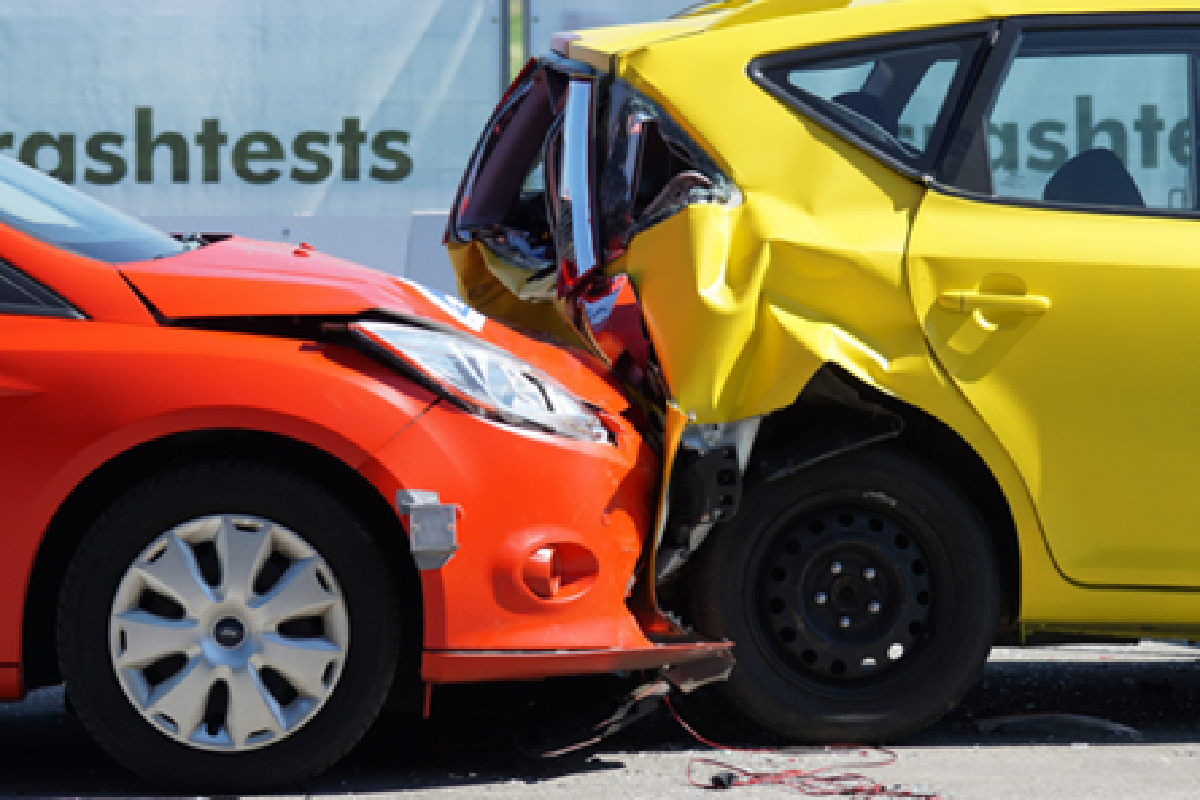Contents of this Post
ToggleCar accidents in Washington can unravel even the best-laid plans in an instant—leaving you not only shaken but also scrambling for answers. Between medical concerns, insurance calls, and vehicle repairs, it’s easy to feel overwhelmed. Yet the choices you make in the first few hours and days matter more than most realize. From documenting the crash to protecting your legal interests, every step plays a part in securing your rights. Whether it’s a minor fender bender or a more serious collision, knowing how to respond helps keep your recovery—both physical and financial—on track.
While your instinct might be to downplay injuries or settle quickly, that approach often leads to regret. This is exactly where experienced car accident lawyers come in. They understand local laws, deal with pushy insurers, and advocate for the compensation you’re owed. In this blog, we’ll walk through the must-dos after a crash to protect yourself legally and personally.
Immediate Actions at the Scene
Above all, make sure you are safe. See if anyone is hurt, and call 911 right away if they are. Get it to a safe place off the road where no further damage can occur. While you wait for help, record the accident scene. Capture photos of the damage to the vehicles, the road conditions, and any obvious injuries. This is good evidence down the road, as well. You can share data with other parties involved. Gather names, contact information, insurance information, and vehicle registration numbers.
Seek Medical Attention
Regardless of how minor the injuries seem, it is still important to be examined medically. It is your basic right to health. Some issues do not reveal themselves until later, so medical care must be obtained immediately. Medical visits and treatments offer evidence of injury sustained from the accident. Insurance claims and any subsequent lawsuits depend heavily on health records.
Report the Accident
An official police report is the most neutral documentation of the incident. If you plan to deal with insurance claims, you may need this document. All these things need to be verified before you submit your application. Contact the insurance company as soon as possible. Share details regarding the incident, such as the police report number, information about the other parties involved, evidence collected, etc. It is crucial to work with the insurance representatives but refrain from taking responsibility or speculating.
Preserve Evidence
Keep copies of all correspondence and any other document related to it, such as medical records, repair estimates, and insurance companies’ communications. This is important to have on hand in case the documents are required for legal proceedings. Think of keeping a personal log of the event. Wherein do I write down accident memories, where someone involved might have said something, how and what police or emergency services said, etc.? Personal notes can help you remember the details and, if there are discrepancies that occur, help prove your side.
Get Advice from a Lawyer
Consulting with a lawyer can safeguard an individual’s rights. A lawyer would help walk you through the complications of filing a claim with your insurance and filing a lawsuit against anyone associated with your crash. Legal professionals can have insights into state laws or regulations that may impact your case. Knowledge of legal entitlements empowers individuals to make educated choices. Legal professionals can explain rights about lost wages, medical expenses, and property damage. They can also advise you on the statute of limitations for claiming.
What to Say to the Insurers
When dealing with insurance companies, it is important to tread lightly. Revealing only the required data always avoids misinterpretation. Do not ever agree to write or record the latter without getting advice from a lawyer. Know your rights: Insurance adjusters are trained to pay as little as possible, so knowing your rights is something that you want to do if you ever end up needing to work with one. Be sure to vet the materials of settlement offers—if they come. Attorneys can determine whether or not the offers are adequate compensation for damages and future costs. An early offer could mean inadequate protection for what lies ahead.
Emotional Well-Being
If you have been involved in a car accident, it can happen to be traumatic. Equally as important as healing physically is healing emotionally. Seek support from Mental Health Professionals, friends, support groups, etc. Getting emotional well-being helps the recovery and helps you think straight with regard to your legal matters.
Ongoing Medical Care
It is very important to have ongoing medical care. Go to follow-up appointments and stick with treatment plans. Routine medical attention is not just conducive to recovery; it also creates a long-term track record of injuries and required treatments. Notify healthcare providers about any new symptoms or changes in health status. Dealing with medical problems is not only necessary to avoid complications for the claimant—it also reinforces the validity of the claims being made.
Conclusion
Obtaining your legal rights after you get into a car accident is a matter of applying some effort. Whether it’s the immediate steps taken at an accident site or continuing medical treatment, each step is designed to keep a person protected under the law and financially. Preserving evidence, seeking legal advice, and engaging cautiously with insurers are certainly steps that can help anyone regain their footing and face each day confidently after a car accident. Several points remember how emotional well-being can be a part of broad-based recovery. These are a few guidelines that, when followed, enable one to know about how to safeguard their rights.

